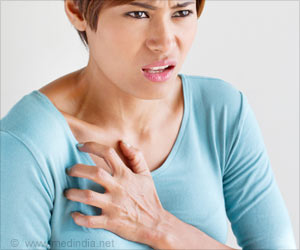“Various cell types, including endothelial cells, fibroblasts, keratinocytes and immune cells, play an important role in the wound healing process but little is understood about their involvement in impaired wound healing in diabetic foot ulcers,” said co-corresponding author Aristidis Veves, DSc, MD, director of the Rongxiang Xu, MD, Center for Regenerative Therapeutics and research director of the Joslin-Beth Israel Deaconess Foot Center.
“We have now substantially expanded the number of cells sequenced and gained novel insights into diabetic foot ulcers. Our data suggests that specific fibroblast subtypes are key players in healing these ulcers and targeting these cells could be one therapeutic option. While further testing is needed, our data set will be a valuable resource for diabetes, dermatology and wound healing research and can serve as the baseline for designing experiments for the assessment of therapeutic interventions.”
This work was funded in part by the National Institute of Diabetes and Digestive and Kidney Diseases (NIDDK). To see a complete list of funders, coauthors and disclosures, read the full study published in Nature Communications.
About Beth Israel Deaconess Medical Center
Beth Israel Deaconess Medical Center is a patient care, teaching and research affiliate of Harvard Medical School and consistently ranks as a national leader among independent hospitals in National Institutes of Health funding. BIDMC is the official hospital of the Boston Red Sox.
Beth Israel Deaconess Medical Center is a part of Beth Israel Lahey Health, a health care system that brings together academic medical centers and teaching hospitals, community and specialty hospitals, more than 4,800 physicians and 36,000 employees in a shared mission to expand access to great care and advance the science and practice of medicine through groundbreaking research and education.
Source: Eurekalert



